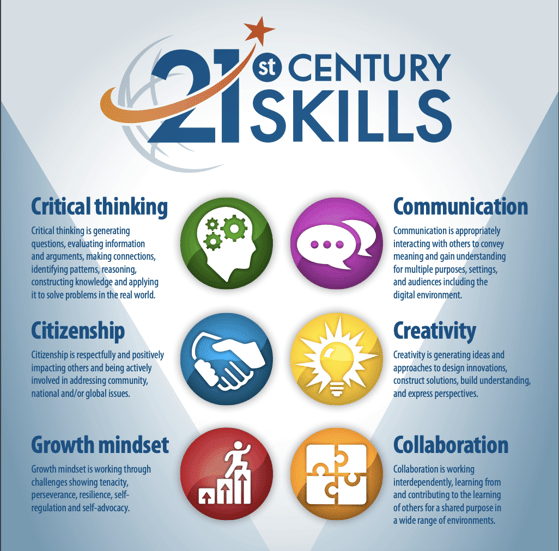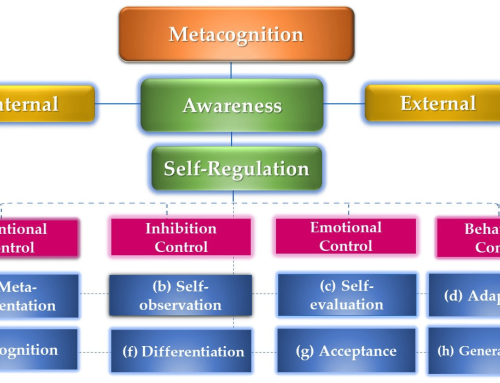Ugandans have been drawn into debate and uncertainty since a list of courses branded as ‘expired’ was shared online. A list of 1470 programmes from both private and public universities in Uganda were listed. ‘Expired Courses’ dominated conversations online and on traditional media platforms, with people trying to make sense of what an expired course means to them.
Reactions from twitter users online about ‘Expired Courses‘

Expired Courses discussion on twitter
Universities react to Expired Courses list
Following the release of this list, and overwhelming queries from students, Ugandan universities were compelled to share official communication regarding the state of these courses in order to allay any fears. It’s also important to note that the National Council for Higher Education (NCHE) is responsible for accreditation of all courses in the country.
To all our esteemed Alumni, Students and Stakeholders.
The Circular on Accreditation of Academic Programmes follows below. pic.twitter.com/fqISMgmywy— Makerere University (@Makerere) May 23, 2023
Official Statement from the office of the UCU Vice Chancellor, on Incorrect Media Reports regarding accreditation/expiry of courses.
NOTE: UCU programmes have been erroneously highlighted as unaccredited programmes.
Read the memo for details & the🧵.1/4 #FactsMatter #Apply2UCU pic.twitter.com/fOKZbxPcDI
— Uganda Christian University (Official) (@UCUniversity) May 22, 2023
To all of our prestigious alumni Students and all stakeholders. The Accreditation of Academic Programs Circular is provided below. #NCHE #expiredcourses #UgandaPoliceExhibition #UgandaSecurityExhibition #MonitorUpdates #NBSUpdates pic.twitter.com/05jxruPusx
— Nkumba University (@NkumbaUni) May 25, 2023
Listen to Mr Robert Kakuru, Chairperson Makerere University Staff Association (MUASA) comment on list of expired courses
Mr Conan Daniel Businge, the Marketing Manager at Victoria University Kampala re-assured students and parents that all the courses offered by their university are well accredited and up to the highest standards of learning. He branded the list as ‘fake’ and asked for calm as we await an official statement from NCHE.
Watch below full interview with Conan Businge.
Statement from National Council for Higher Education (NCHE)
NCHE which was established by the Universities and other Tertiary Institutions Act 2001 (as amended) provides a key role of accreditation of academic and professional programmes offered by higher education institutions. A statement from the Executive Director, Prof. Mary J.N. Okwakol explained that the term “expiry” in the guidelines was intended to indicate that the prescribed term of five or ten years before re-assessment had lapsed. Read full statement below.
Statement From the National Council for Higher Education on Re Assessment of Academic and Professional Prog… by Eddie on Scribd
Reactions from university students on list of ‘expired courses’
In a bid to get perspective from university students, I interviewed students from Islamic University in Uganda,(IUIU) Kibuli to ascertain how they reacted to the recent information. Many were still perplexed about the state of the mentioned programs, with some in fear of studying an irrelevant course. Many also express concern from their parents who demanded an explanation on the prevailing situation.
Listen below to IUIU students reaction to list of expired courses.
What do education and career specialists have to say
Ambrose Kibuuka, an Education and Career Consultant shared the importance of having a nation built with individuals well grounded in theory and practice. He further stated that there is need to develop practical skills that make you relevant at the work place.
Listen below to interview with Ambrose Kibuuka
Dr Ruth Biyinzika Kasolo, the Chairperson of the Directorate of Industrial Training called for calm among parents and students who studied courses being regarded as expired. She emphasized the need for students to develop skills that can make them useful at a work place. “People should concentrate more on making sure they have the desired skills that an employer needs“
Listen below to Dr Ruth Biyinzika speak on the need to get grounded in skills that will make you employable and valuable.
Top skills needed today in a work place.
In today’s rapidly changing work environment, there are several skills that are highly valuable and sought after by employers. Here are some top skills needed in the workplace today from Career Guide.
- Adaptability and Flexibility: The ability to adapt to new situations, learn quickly, and embrace change is crucial. Employers value individuals who can adjust their approach and thrive in dynamic work environments.
- Critical Thinking and Problem Solving: Being able to analyze complex problems, think critically, and develop creative solutions is highly valuable. Employers seek individuals who can approach challenges with a strategic mindset and make informed decisions.
- Collaboration and Teamwork: Working effectively with others is essential in most workplaces. Strong interpersonal skills, the ability to communicate clearly, and the capacity to collaborate with diverse teams are highly valued.
- Digital Literacy: With technology playing a significant role in most industries, digital literacy is crucial. Proficiency in using digital tools, software, and platforms, as well as an understanding of emerging technologies, is highly sought after.
- Communication Skills: Effective communication, both verbal and written, is a fundamental skill in the workplace. The ability to convey ideas clearly, actively listen, and present information in a compelling manner is highly desirable.
- Emotional Intelligence: Emotional intelligence involves understanding and managing emotions, both in oneself and others. It includes skills like empathy, self-awareness, and the ability to navigate interpersonal relationships effectively.
- Leadership and Management: Strong leadership and management skills are valuable, regardless of your position. Employers appreciate individuals who can motivate and inspire others, delegate tasks, and lead teams towards achieving common goals.
- Creativity and Innovation: The ability to think creatively, generate new ideas, and approach problems from different angles is highly valued. Employers seek individuals who can contribute fresh perspectives and drive innovation within their organizations.
- Continuous Learning: Lifelong learning has become essential due to the rapid pace of technological advancements. The ability to acquire new knowledge, upskill, and stay updated in your field is highly beneficial.
- Resilience and Stress Management: Being able to cope with stress, bounce back from setbacks, and maintain a positive attitude is valuable in today’s work environment. Employers appreciate individuals who can manage pressure and maintain their well-being.







Leave A Comment